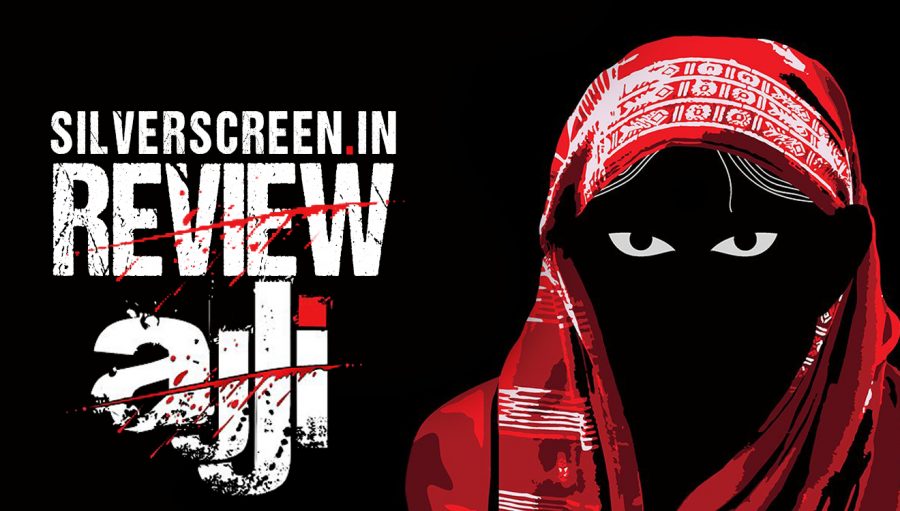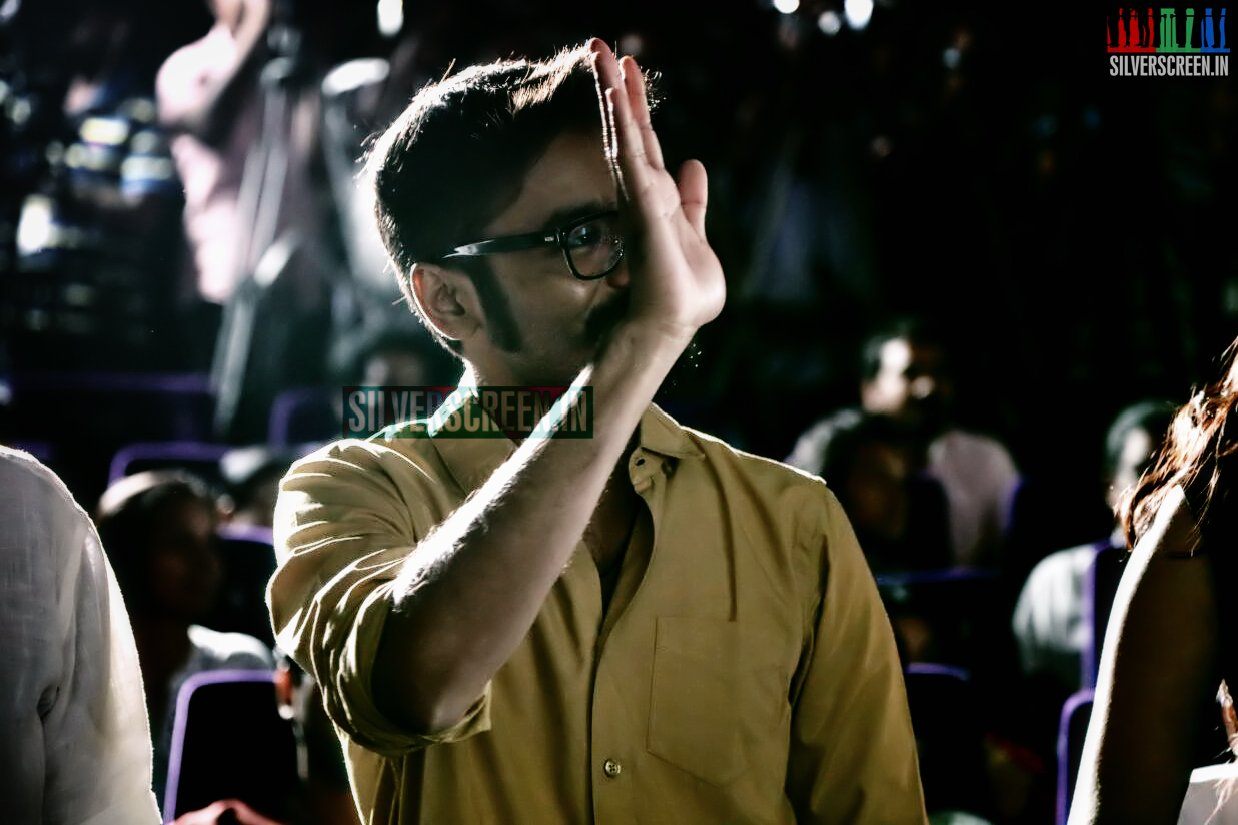There seems to be a dilemma among filmmakers on how to build stories around rape and sexual harassment. In 2017, Bollywood produced at least four vigilante dramas (Mom, Maatr, Kaabil and Bhoomi) where rapists were awarded death sentence by the kin of the victims, displaying an angry distrust on the land’s law-enforcement system. It is sure problematic, but also, the most crowd-pleasing format. Devashish Makhija’s Ajji follows the same pattern, taking the gory and horrifying road of retribution. If Mom was set inside a high-class household in Delhi, Ajji takes you to a diagonally opposite social setting.
The film is one hour 44 minutes long, a little shorter than a conventional feature film. It has some stunning visuals of the city’s underbelly. Not the place where drug peddlers, mafia goons and pimps scheme under dim lights, or share liquor and revel in a rundown garage-shaped den, as you see in our gangster movies, but the dingy slums where people coexist with rats and dogs, fighting for space, water and air. The core plot isn’t novel or complex, and to the contrary, resorts to some most overused plot tropes.
The titular protagonist Ajji (the Marathi and Kannada word for grandmother) is a nameless woman (Sushma Deshpande) who lives in a metro city with her son, his wife and their sprightly little daughter, 10-year-old Manda (Sharvani Suryavanshi). She is old. Her knees are worn out, and she is starting to stoop while walking. Yet, she does a little tailoring – alteration of ladies clothes – to bring some additional income to the household. Her son, a meek young man who doesn’t speak good Hindi, works extra hours at a factory, and his wife sells poha and upma on a cycle. Makhija films the house and the slum where they live in low-light that sometimes evoke a nightmarish feel.
The film opens to a shadowy sequence where Ajji and her friend, Vibha (Smita Tambe), a prostitute who lives nearby, are scanning the slum, the railway track and the locality at night, looking for Manda who is missing. They find her lying on a pile of garbage, like a piece of litter. They carry the gravely wounded and bleeding girl home, and the family realises that she has been brutally raped. The film uses some lengthy graphic details to portray the pain that the family and Manda go through. For one, the scene where a young corrupt cop comes to examine Manda’s wounds and interrogate the family members, is particularly designed to be disturbing. The rapist is the son of a wealthy politician, the kind of person who is deemed to be above the reach of police and law. A bizarrely staged scene involving a female mannequin shows that he is a sex maniac, and another scene where he boasts to a policeman how he ‘taught’ Manda a lesson for talking back to him, in the presence of his wife, emphasizes that he deserves the violence he would soon be subjected to.
Recommended
The person executing the revenge here, is Ajji. Sushma Deshpande is utmost effective in the role. Her knees are weak, but her eyes have fire in them. Some of the most affecting scenes in the film are those where she takes lessons in meat chopping from her friend, an old butcher in the neighbourhood. The actors are great; they bring a degree of credibility and power to the weak plot. Similarly intense and disturbing is the somber silence of Manda.
Ajji directs its rage towards a single individual, a man gives plenty of reasons to be loathed, and eliminating him doesn’t take Manda and the women around her off from the risk of sexual violence. The film works in parts as a conventional revenge drama, but it falls into the same traps as Bollywood’s flimsy rape dramas do. Jishnu Bhattacharjee’s cinematography is the only element that manages to rise above the realm of mediocrity.
***
The Ajji review is a Silverscreen original article. It was not paid for or commissioned by anyone associated with the movie. Silverscreen.in and its writers do not have any commercial relationship with movies that are reviewed on the site.



